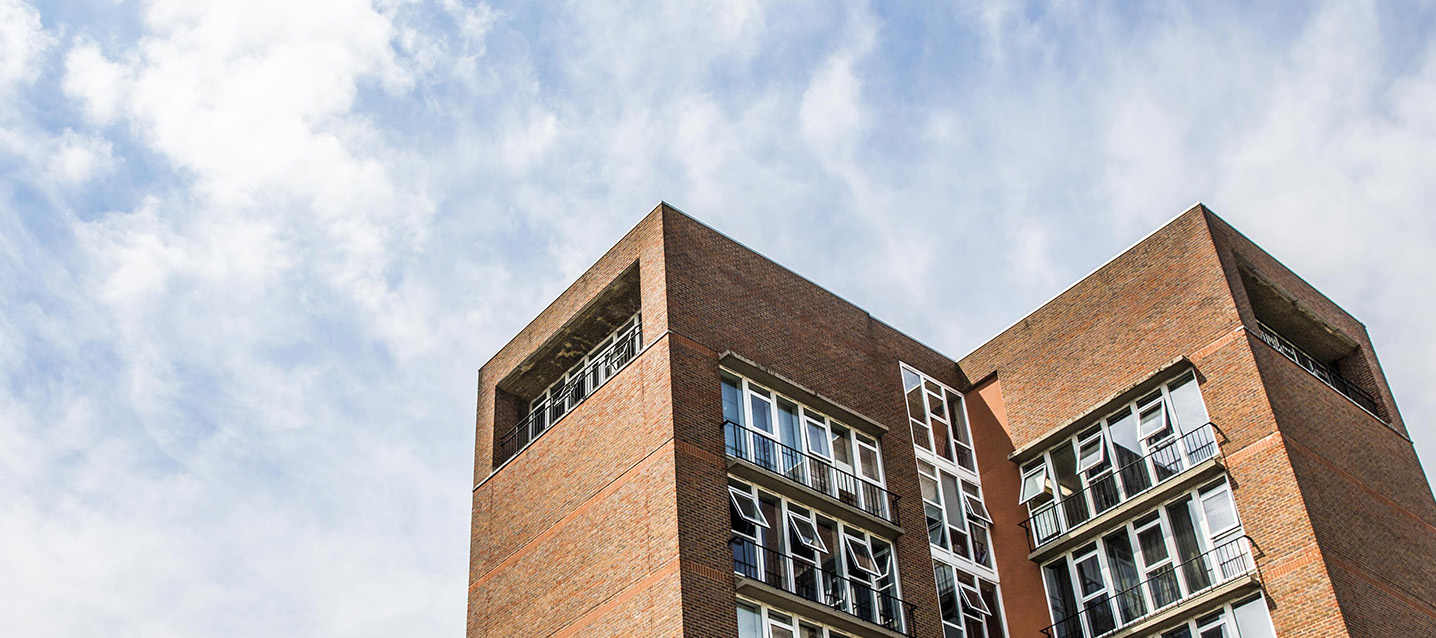Coronavirus (Covid-19) Information
At Plashet, we take the health and safety of our young women and staff very seriously, therefore we are continuing to monitor closely and proactively follow advice from the World Health Organisation and Public Health England. We are sharing guidance from Public Health England about preventative steps students and their families as well as staff should be taking.
There is currently no cause for concern at our school, but we will keep you informed about any developments and ensure we keeping the school clean to prevent the spread of any virus.
I will be speaking to all students in assemblies about this advice but please make sure you read the advice and talk to your daughter about it.
Form tutors have asked all students whether they have been to any of the areas listed in either category above. We have also asked all staff this question. If a student or member of staff has returned from one of the category one areas, we will inform the NHS and Public Health England and follow their advice. If you and your daughter have returned from one of the specified countries or areas please contact the school immediately.
What is coronavirus and should I be concerned?
A coronavirus is a type of virus. As a group, coronaviruses are common across the world. Typical symptoms of coronavirus include fever and a cough that may progress to a severe pneumonia causing shortness of breath and breathing difficulties. Generally, coronavirus can cause more severe symptoms in people with weakened immune systems, older people, and those with long-term conditions like diabetes, cancer and chronic lung disease.
What are the signs and symptoms of this new virus?
The symptoms of this new coronavirus (now known as COVID-19) include fever and respiratory symptoms including coughing, sneezing, and shortness of breath. The current evidence is that most cases appear to be mild.
If you or your daughter have returned from a category 1 country or area since February 19th 2020, you should call NHS 111, stay indoors, and avoid contact with other people even if you do not have symptoms:
Category 1 Countries/Areas:
- Iran
- Specific Italian lockdown towns of Bertonico, Casalpisterlengo, Castelgrundo, Castiglione D’Adda, Codogno, Fombio, Maleo, San Fiorano, Somaglia and Terranova dei Passerini in the Lombardy Region and Vo’Eugane in the Veneto Region
- Daegu or Cheongdo in South Korea
- Hubei province
If you or your daughter have returned from a category 2 country or area since February 19th 2020 and develop symptoms, you should stay indoors at home, avoid contact with other people immediately, and call NHS 111:
Category 2 Countries/Areas:
- Cambodia
- China (other than Wuhan City or Hubei Province)
- Hong Kong
- Italy (defined as North by a line above, but not including, Pisa, Florence and Rimini)
- Japan
- Laos
- Macau
- Malaysia
- Myanmar
- Singapore
- South Korea (other than Daegu or Cheongdo)
- Taiwan
- Thailand
- Vietnam
How does this new coronavirus spread?
Because it’s a new illness, we do not know exactly how it spreads from person to person, but similar viruses spread by cough droplets or sneeze droplets. These droplets fall on people in the vicinity and can be directly inhaled or picked-up on the hands and transferred when someone touches their face.
How to help prevent the spread of infection
The recommended steps people should take to protect themselves are the same as those to avoid flu and any other similar respiratory infections. You should maintain good hand, respiratory and personal hygiene. Make sure you and your children follow these general principles to prevent spreading any respiratory virus:
- Wash your hands often – with soap and water for at least 20 seconds, or use an alcohol-based hand sanitiser if soap and water aren’t available.
- Avoid touching your eyes, nose, and mouth with unwashed hands.
- Avoid close contact with people who are unwell.
- If you feel unwell, stay at home and don’t attend work or school.
- Cover your cough or sneeze with a tissue, then throw the tissue in a bin.
- If you don’t have a tissue to hand, then cough or sneeze into the crook of your flexed elbow onto your sleeve (not your hands).
- Clean and disinfect frequently touched objects and surfaces in the home.
- If you’re worried about your symptoms, please call NHS 111 – don’t go directly to your GP or other healthcare environment.
- Please call NHS 111 immediately in order for you to be assessed by an appropriate specialist in hospital, as quickly as possible.
What can I do to reduce my risk of catching coronavirus?
There are things you can do to help stop germs like coronavirus spreading:
- Always carry tissues with you and use them to catch your cough or sneeze. Then bin the tissue, and wash your hands, or use a sanitiser gel.
- If you don’t have a tissue to hand then you should, ideally cough into your flexed elbow rather than your hands.
- Wash your hands often with soap and water, especially after using public transport and when returning home from school/work. Use a sanitiser gel if soap and water are not available.
- Avoid touching your eyes, nose and mouth with unwashed hands.
- Avoid touching other people where you can.
- Avoid close contact with people who are unwell.
- Facemasks play a very important role in clinical settings, such as hospitals but there’s very little evidence of widespread benefit from their use outside of these clinical settings.
- The best way to protect ourselves from infections like coronavirus is to wash our hands frequently with soap and water or use a sanitiser gel, as well as always carrying tissues and using them to catch coughs and sneezes, then putting the tissue in a bin.
While there is currently a low risk from coronavirus to individuals in the UK, the safety and wellbeing of Plashet students and staff is paramount, and we are continuously monitoring the situation for further changes. We will continue to communicate any updates to our guidance via our website.
If you have any further concerns or questions, please do not hesitate to contact the school either by telephone, 0208 471 2418 or email, info@plashet.newham.sch.uk.


